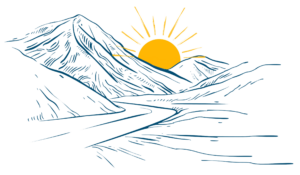Do Not Protect Yourself From Silence
“In contrast to traditional ways of living, modernity relies on what we can consciously think about and talk about, what we can demonstrate or exhibit in the public arena. We moderns need to be in control. That is our strength. But it is also our weakness, because we dare not trust those aspects of our life that elude our control, our rational understanding. We become insensitive to them, even sometimes denying their very existence.
Inhabiting only the conscious part of ourselves we lose touch with the unconscious part. Living in our heads we become estranged from our bodies, thinking of them only as material things that exist for our use or enjoyment. Our minds therefore need always to be busy, to be occupied, trying either to control the world or to squeeze some pleasure from it. This modern mind of ours does not like to be quiet, still, receptive. It does not like to be empty. When emptiness or silence threatens it seeks to protect itself with images, words, and sounds.“
— Rex Ambler, 2002
“Light to Live By: An Exploration in Quaker Spirituality,” Cary Lecture
Photo credit: Georgia Sparling

Today’s Invitation
When throughout your day do you use images, words, and sounds to protect your mind from silence? Pick a time today to remove this stimulation. Use the emptiness as an opportunity to gently check in with your body, from your feet up to your head.

Query of the Week
What is your relationship with silence and stillness?
What happens for you when you try to sit still in silence? How do you maintain a state of inner stillness through the noise and demands of your daily life?


